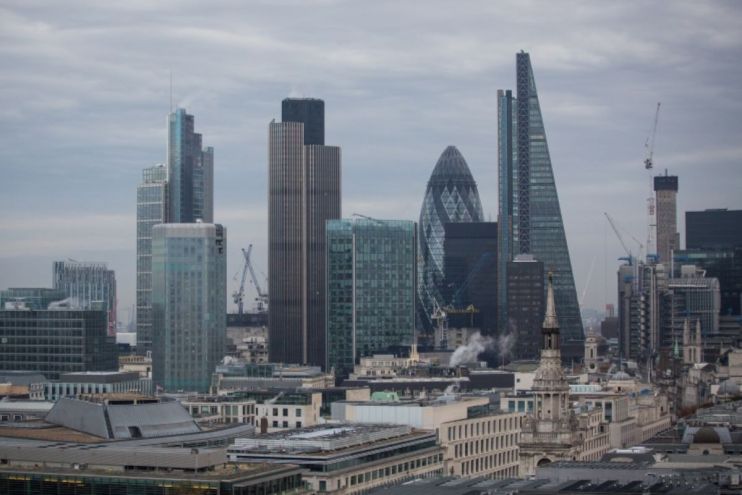‘Greedflation’ not behind UK price rises, new data indicates

Corporate profiteering, or ‘greedflation’, is not the driving force behind UK price rises, new data out today indicates.
The profitability of private non-financial corporations grew by 0.1 per cent between the last quarter of 2022 and the first quarter of 2023, the Office for National Statistics (ONS) reported.
It found that the net rate of return, a measure of corporate profitability, was at 9.9 per cent for the first quarter.
The net rate of return is the economic gain, or profit, shown as a percentage of the capital used in production.
Michael Saunders, a former Bank of England interest rate-setter, told City A.M. this shows profiteering is not the main driving force of price rises in the UK.
“These data provide further signs that corporate profiteering is not a major cause of the stickiness of UK inflation,” said Saunders, who is now an senior economic adviser at consultancy Oxford Economics.
“Corporate profitability was stable in the latest quarter and actually fell slightly over the last year, with companies squeezed by subdued demand and rising costs,” he added.
Reacting to the data, Sanjay Raja, UK economist for Deutsche Bank, told City A.M.: “The idea of greedflation has gained momentum over the last several months, with UK inflation staying relatively sticky. But today’s national accounts data suggests otherwise.
“While the data may be prone to revisions, corporate profitability has seen very little increase through the pandemic. In fact, firms’ margins remain broadly around its long-run average, while operating margins are tracking roughly in line with historical trends.”
Krishan Shah, an economist at the Resolution Foundation, told City A.M. that while there are many drivers of inflation, today’s data shows “soaring company profits is not one of them”.
“While some industries – notably oil and gas – have had a profits rollercoaster in recent years, across the economy rates of return for UK companies have remained pretty stable,” he added.
The headline rate of inflation fell to 6.8 per cent for July, down from 7.9 per cent in June, the ONS revealed yesterday. The fall was largely due to lower energy costs, with a new lower energy price cap taking effect.
However, core inflation, which removes volatile food and energy prices, stayed at 6.9 per cent.
This, coupled with the news that wage growth hit 7.8 per cent in April to June – the fastest rate since records began in 2001 – has led experts to believe the Bank of England will be forced to raise interest rates again next month.
